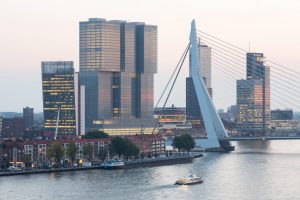
That’s [ALSO] an acronym.
But, it’s missing a ‘K’, and if we are curious about whether revolutions are possible, we could try Hong Kong, wherever it might be that we have previously failed:
Hong Kongers marched again on Sunday, chanting “five demands, not one less” as the city’s anti-government protests approached their six-month milestone.
Demonstrators have been locked in a stalemate with the local government since early June amid protests initially sparked by a bill that would have enabled extradition to mainland China. On June 9, a million people marched through the financial center to demonstrate their opposition. Approximately 2 million people marched in protest a week later.
While Hong Kong leader Carrie Lam has since retracted the bill, fulfilling one of the five demands, critics regarded the move as too little, too late. Social unrest in the city has since taken on broader anti-government sentiment as protesters push for greater democracy in Hong Kong.
Government opposition was fueled by anger with police conduct as well as how Lam’s administration dealt with the protests, Ma Ngok, associate professor in the department of government and public administration at the Chinese University of Hong Kong, told CNBC.
“The government hasn’t actually responded, so a lot of people think they just cannot give up on the protest” Ma said.
Despite efforts to crush defuse the protests, they are showing no signs of abating – whether they might be abetted in another question. But the strange power of democracy carried over into the recent elections, where pro-democracy candidates won unambiguously as a almost three million voters rejected pro-establishment candidates.
No one seems to have told protestors that their tactics are not working.
Image via Adbusters.





